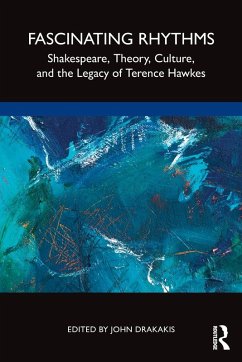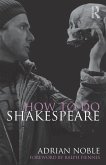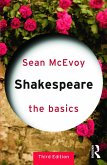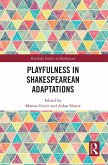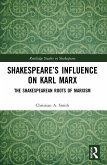As one of the most adventurous literary and cultural critics of his generation, Terence Hawkes' contributions to the study of Shakespeare and the development of literary and cultural theory have been immense. His work has been instrumental in effecting a radical shift in the study of Shakespeare and of literary studies.
This collection of essays by some of his closest colleagues, friends, peers, and mentees begins with an introduction by John Drakakis, outlining the profound impact that Hawkes' work had on various areas of literary studies. It also includes a poem by Christopher Norris, who worked with Hawkes for many years at the University of Cardiff, as well as work on translation, social class, the historicist and presentist exploration of Shakespearean texts, and teaching Shakespeare in prisons.
The volume features essays by former students who have gone on to establish reputations in areas beyond the study of literature, and who have contributed ground-breaking volumes to the pioneering New Accents series. It concludes with Malcolm Evans' innovative account of the migration of semiotics into the area of business. This book is a vibrant and informative read for anyone interested in Hawkes' unique blend of literary and cultural theory, criticism, Shakespeare studies, and presentism.
This collection of essays by some of his closest colleagues, friends, peers, and mentees begins with an introduction by John Drakakis, outlining the profound impact that Hawkes' work had on various areas of literary studies. It also includes a poem by Christopher Norris, who worked with Hawkes for many years at the University of Cardiff, as well as work on translation, social class, the historicist and presentist exploration of Shakespearean texts, and teaching Shakespeare in prisons.
The volume features essays by former students who have gone on to establish reputations in areas beyond the study of literature, and who have contributed ground-breaking volumes to the pioneering New Accents series. It concludes with Malcolm Evans' innovative account of the migration of semiotics into the area of business. This book is a vibrant and informative read for anyone interested in Hawkes' unique blend of literary and cultural theory, criticism, Shakespeare studies, and presentism.

